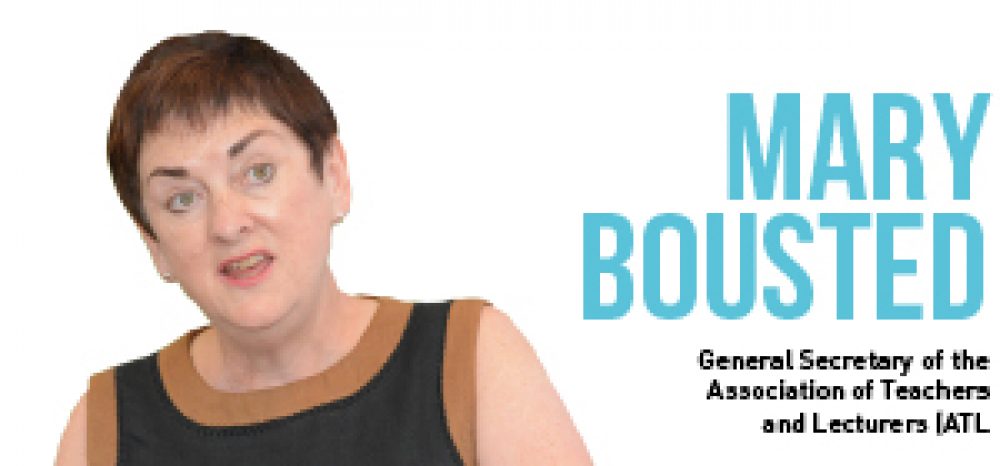Mary Bousted outlines her concerns that the Prevent Duty could be causing more harm than good.
New issues in education have caused as much confusion, fear and misinformation as the Prevent Duty.
From July 1, education staff have been subject to the duty and have had the threat of a custodial sentence hanging over their heads like the proverbial sword of Damocles.
We believe that it is not the role of education staff to police young people and we are concerned that this strategy may exacerbate Islamophobia and racism.
College staff must ensure they are familiar with the clear procedures which providers are required to have in place for protecting learners at risk of radicalisation
College staff should be mindful of their duties under the Public Sector Equality Duty (PSED), which makes it unlawful for learners, or potential learners, to be discriminated against, harassed or victimised on the grounds of protected characteristics, which include race, and religion or belief.
The PSED applies to the treatment of pupils or potential pupils in relation to admissions, the provision of education, access to any benefit, facility or service, or if a pupil is excluded or subjected to detrimental treatment.
We know Prevent is of great concern to our members and there is a dearth of good, accurate and effective training on the subject.
We know members have been told to police students. However, education professionals need to understand that Prevent is a safeguarding matter and should be treated in the same way as protecting children and young people from other harm, such as drugs, gangs, neglect, or sexual exploitation.
As with these wider safeguarding issues, college staff are required to identify learners who may be vulnerable to radicalisation, and know what to do when they are identified.
Contrary to some of the poor quality and sometimes factually incorrect information and training our members have received, the Duty does not require teachers to instigate difficult conversations to root out potential radicalisation.
Nor should teachers spy on their students by, for example, scrutinising their social media accounts. Schools have a general duty to ensure children and young people are equipped to stay safe online, both in school and outside. The Prevent Duty forms part of this broader responsibility.
The Prevent Duty also risks inhibiting the relationship of trust between students and teachers or support staff. Furthermore, there is potential that the duty will limit freedom in the classroom to challenge and discuss a variety of subjects.
Teachers must be aware, however, that the government’s guidance makes it clear that the Prevent Duty is not intended to stop learners debating controversial issues.
It’s not just education staff who must be alert to these issues. Shockingly, ATL has heard anecdotally that schools may be using the government’s Prevent helpline to denounce other schools in the area, claiming they have issues with radicalisation. The contentious adherence to ‘Fundamental British Values’ is another stick, which can potentially be used maliciously. Accusations could be made by students against other students, students against education staff, parents against education staff, education staff against colleagues, as well as by school and college leaders against their own staff.
To protect themselves against these concerns, college staff must ensure they are familiar with the clear procedures which providers are required to have in place for protecting learners at risk of radicalisation. These procedures may be set out in existing safeguarding policies.
Staff must also ensure they receive appropriate continuing professional development, which includes a forum for open discussion around the potential scenarios which may be encountered.
Any indication by providers that staff are required to take action which is over and above the requirements of the Prevent Duty should be discussed with senior management.
We would argue that any complaints be dealt with through the existing complaints or grievance procedures and that colleges ensure that all staff, without exception, receive thorough and high quality training.









Your thoughts